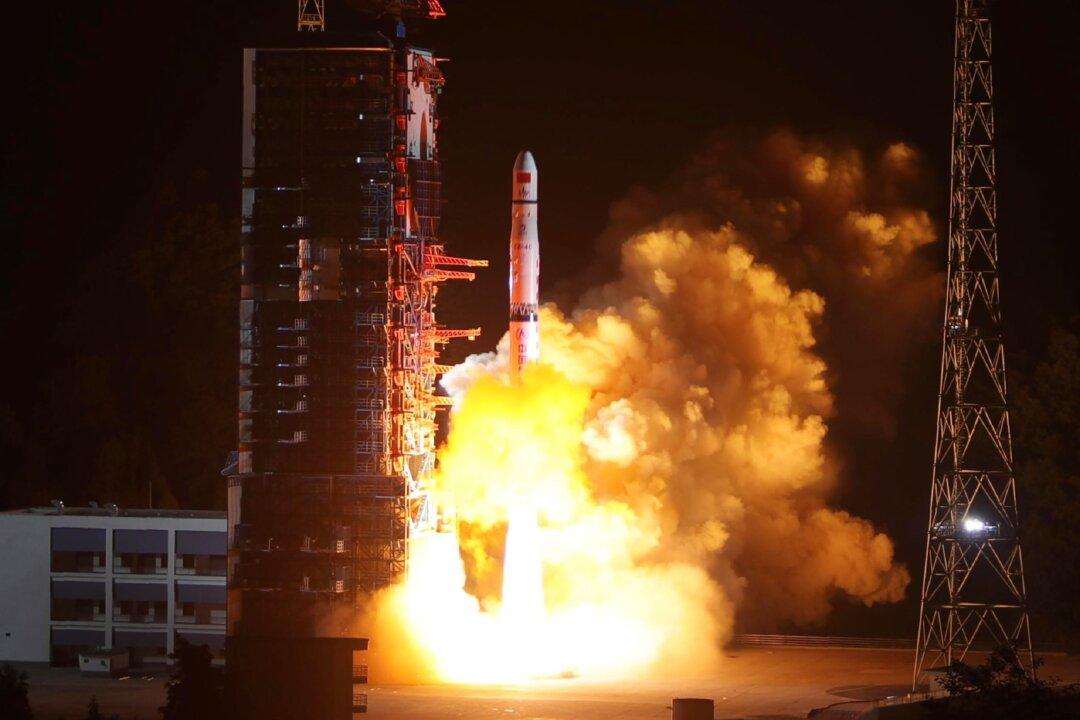As the United States and China are racing to resume sending astronauts to the moon, China might militarize the lunar surface as Beijing sets to establish a permanent presence there, warns Rick Fisher, senior fellow with the International Assessment and Strategy Center.
“So if the PLA [People’s Liberation Army] is going to the moon, the PLA is very likely going to be bringing military capabilities to the moon. And they'll probably not hesitate to use those military capabilities if there is a conflict with the United States or another country among many that are planning to put assets on the moon,” Fisher told the “China in Focus” program on NTD, the sister media outlet of The Epoch Times.





